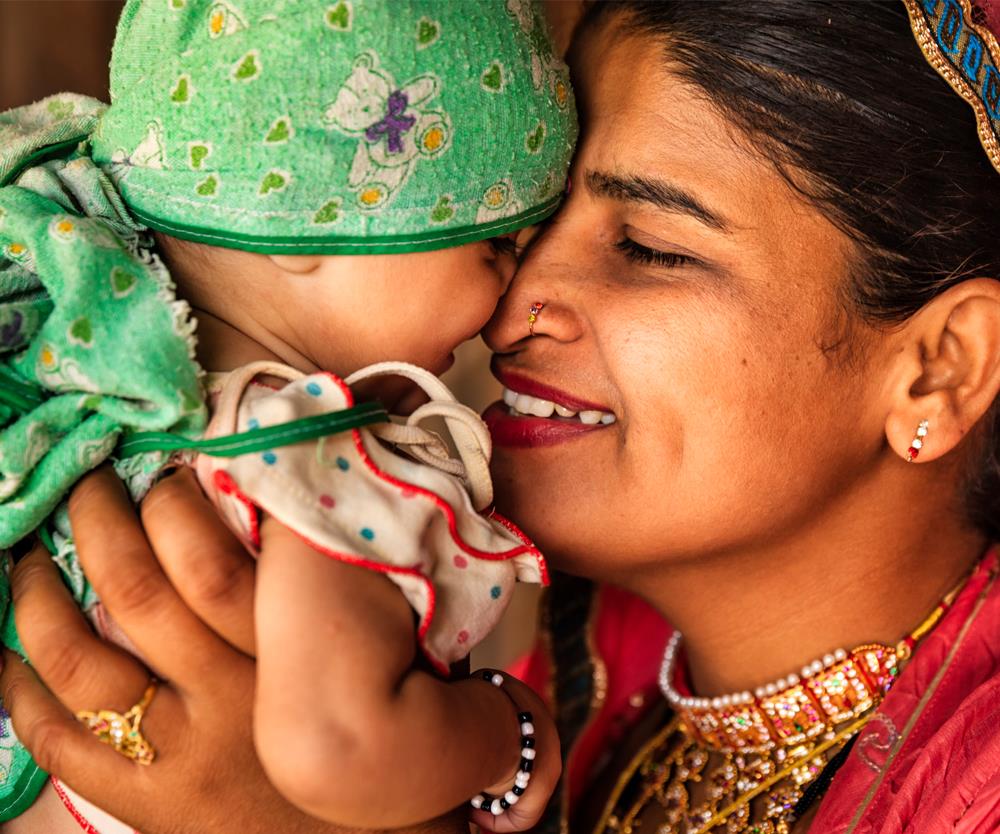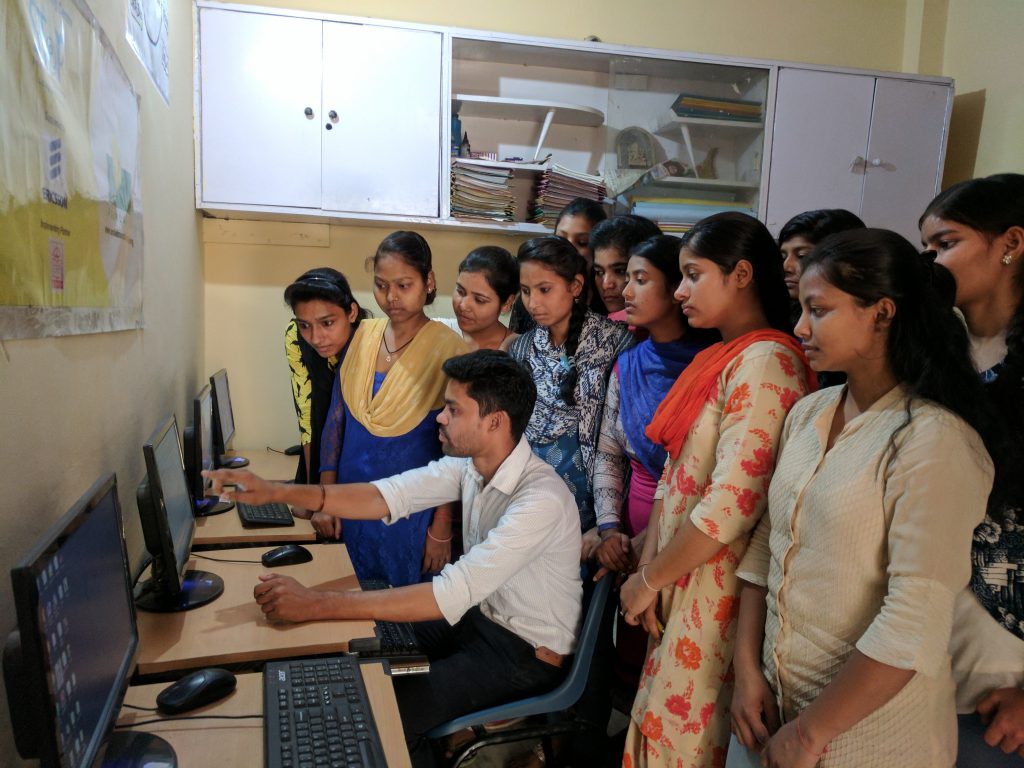Nutrition plays a pivotal role in shaping the health and future productivity of individuals, and its significance in the first 1000 days of life cannot be overstated. From gestation to a child’s second birthday, nutrition lays the foundation for lifelong well-being.
Early nutrition significantly influences the health and cognitive potential of an individual. Poor nutrition during this critical period can lead to increased health risks, disabilities, and decreased neurocognitive development in children. Additionally, maternal and childhood obesity can negatively impact neurodevelopment. The effects of early nutrition can be long-lasting and may even transcend generations, perpetuating the cycle of nutrition-related health issues.
Progress Over the Decades
In recent decades, global efforts have made remarkable strides in improving child nutrition, education, health, and survival. The stark contrast between historical and contemporary child survival rates is a testament to these efforts. In the 1800s, up to 50% of children did not survive to age 5, a figure that had dropped to 4% by 2017. However, the battle is far from won, with 15,000 children under 5 years of age still dying each day, half of these deaths attributed to malnutrition.
The Hidden Hunger
Micronutrient deficiencies, often referred to as “hidden hunger,” are a major contributor to morbidity and mortality in undernourished infants and young children. While wasting and stunting are more visible forms of malnutrition, hidden hunger poses its own set of challenges and can have significant long-term consequences.
Despite progress, challenges persist, and new threats are emerging, particularly in low- and middle-income countries. Stunting rates remain high, overweight and obesity are on the rise, and the associated non-communicable diseases will have far-reaching consequences in the years to come.
The Challenge and Opportunity
Meeting the challenge of providing adequate nutrition, addressing both under and overnutrition, may seem daunting given current environmental and socioeconomic obstacles. However, the first 1000 days also represent a tremendous opportunity. Investing in early nutrition yields lifelong benefits and is perhaps the most valuable investment society can make.
Pregnancy and the first two years of life are often referred to as the “first 1000 days.” This unique window of opportunity allows us to intervene and halt persistent malnutrition and the rising epidemic of non-communicable diseases. Efforts are needed to make healthy foods accessible and affordable to families and to empower parents and caregivers to shape their children’s dietary habits and overall development.
The Role of Education in Nutrition
Education in nutrition, especially for parents, is essential. The early years are a time of remarkable plasticity in humans, allowing us to program metabolic, immunologic, cognitive, behavioral, and dietary patterns. To achieve this, educating parents and caregivers is crucial, as they are most eager to learn and apply knowledge to benefit their offspring.
Prioritizing nutrition in the first 1000 days not only enhances individual health and well-being but also reduces disparities in health, education, and earning potential, and contributes to the gross domestic product (GDP) of a country. Breaking the intergenerational cycle of poverty becomes achievable through early nutrition interventions.
Investing in Early Life Nutrition
Long-term survival has always been a reason to prioritize infant nutrition. However, moral, ethical, and scientific imperatives have reinforced the argument for investing in early-life nutrition. Economic returns on such investments are substantial and long-lasting, making it a sound choice for societies worldwide.
The economic argument for investing in the health and education of children is supported by high benefit-cost ratios. Early life nutrition investments are durable, inalienable, and portable, benefiting individuals throughout their lives.
On the flip side, the cost of inaction in the realm of nutrition can be staggering. Inadequate nutrition has been linked to significant losses in GDP, primarily due to its impact on cognitive development. Without improvements in nutrition, world GDP would have been significantly lower.
While there is still limited data on the economic cost-benefit of obesity prevention in early childhood, estimates of obesity-related healthcare costs underscore the urgency of intervention. The costs associated with obesity, particularly in healthcare, can be substantial and need to be addressed.
Infant Nutrition as a Marker of Progress
Infant and child nutrition serves as a marker of societal progress. Disparities in nutrition between countries and income groups reflect the state of development and the speed of progress. Focusing on early-life nutrition is not only a moral imperative but also a reflection of society’s commitment to well-being.
The first 1000 days of nutrition are a critical period that shapes an individual’s lifelong health and potential. Investing in early-life nutrition is an opportunity to break the cycle of poverty, reduce disparities, and enhance the well-being of individuals and societies. It is a sound economic choice with long-lasting benefits, and it requires a collective effort from all stakeholders to ensure access to affordable, nutritious food and the dissemination of vital knowledge to parents and caregivers.
By prioritizing early nutrition in our women empowerment programme, Swabhiman for pregnant and lactating women, we are trying to create a healthier, more prosperous world.










One reply on “Focusing on the First 1000 Days of Nutrition”
great